Depression Myths vs. Facts: Dispel Common Misconceptions Surrounding Depression
Mental health stigma has long plagued our understanding of conditions like depression, creating harmful myths and misconceptions that prevent individuals from seeking the help they need. As we strive to foster a more supportive environment for those struggling with mental health challenges, it's crucial to address the pervasive misunderstandings surrounding depression. By dispelling common myths and emphasizing the importance of empathy and understanding, we can pave the way for a more compassionate and informed society.
Myth 1: Depression is Just a Passing Phase
For many, the misconception that depression is a transient state often leads to dismissing its severity. However, the truth is that depression is a complex and persistent mental health condition that can significantly impact an individual's life. According to the World Health Organization, over 264 million people globally struggle with depression, making it a leading cause of disability worldwide. Dismissing it as a passing phase can have detrimental consequences, delaying proper treatment and support.
Myth 2: People with Depression are Simply "Weak" or "Lazy"
The pervasive stigma of associating depression with weakness or laziness contributes to the misunderstanding of the condition. Depression is not a mere result of personal shortcomings, but rather a multifaceted issue influenced by genetic, biological, and environmental factors. The courage to confront and manage depression is a testament to strength, not weakness.
Myth 3: Seeking Help for Depression Implies Weakness
The notion that seeking professional help for depression signifies weakness is a damaging belief that prevents many individuals from seeking the support they need. In reality, reaching out for help reflects self-awareness, resilience, and a proactive approach to managing one's mental health. Testimonials and stories of individuals who have bravely sought assistance can serve as a powerful reminder that seeking help is a vital step towards healing.
Myth 4: Depression is Just a Matter of "Mind Over Matter"
Attempting to overcome depression solely through willpower and positive thinking overlooks the complex neurobiological processes underlying the condition. Depression is not merely a result of negative thinking, but rather a condition that requires a holistic approach to treatment, encompassing therapy, medication, and lifestyle adjustments. Acknowledging the intricacies of depression allows us to approach it with empathy and understanding.
Myth 5: Medication Solves Everything for Depressed Individuals
While medication can be a crucial component of treatment for many individuals, it is not a one-size-fits-all solution for depression. Comprehensive treatment often involves a combination of therapy, medication, and supportive interventions tailored to everyone’s unique needs. Emphasizing the importance of a personalized treatment plan can encourage individuals to explore various avenues for holistic healing.
Myth 6: Only Certain Types of People Get Depressed
Depression does not discriminate; it can affect individuals from all walks of life, irrespective of age, gender, or socioeconomic status. The prevalence of depression across diverse demographics highlights the universality of mental health challenges. Acknowledging this universality fosters empathy and encourages a more inclusive and understanding society.
-----------------------------------------------------------------------------------------------------------------------------
Dispelling myths about depression is essential in fostering an environment of compassion and support for individuals grappling with mental health challenges. By understanding the complexities of depression and challenging stigmatizing beliefs, we can create a society that prioritizes empathy, understanding, and accessible resources for those in need. Let's work together to build a community where individuals feel safe to seek help, knowing that they will be met with compassion and understanding.



